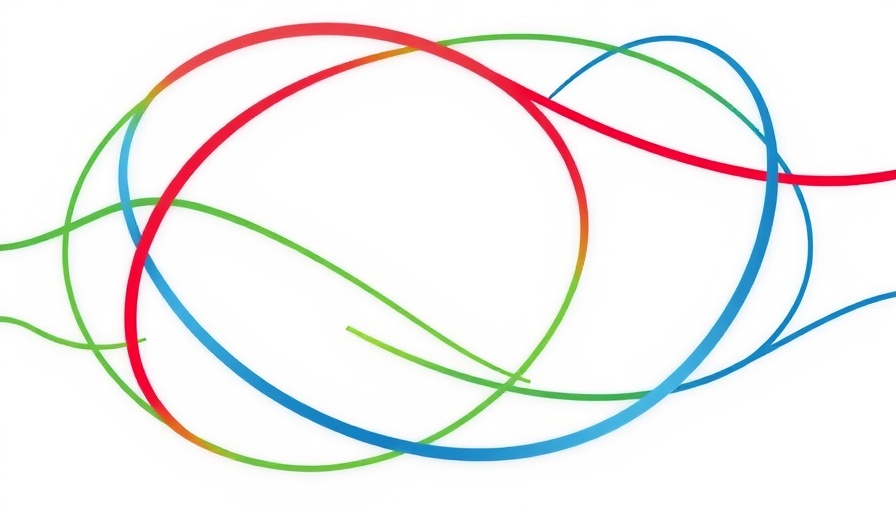
Emerging Challenges and Opportunities for Africa
The geopolitical landscape of Africa continues to evolve, presenting both challenges and opportunities for business leaders and policymakers alike. Recent reports of South African engineers freed from Equatorial Guinea—a saga around questionable drug charges—underscore the serious diplomatic dimensions of international relations in Africa yet again. This incident points to the precarious balance of foreign relations on the continent and raises questions about governance and the treatment of expatriates in various African nations.
Impacts of Cobalt Export Ban on African Economies
Meanwhile, the Democratic Republic of Congo's decision to extend its cobalt export ban could have ripple effects across global markets, particularly in the electric vehicle sector, which has seen a downturn due to increased production. As cobalt producers and consumers watch closely, this could be a significant moment for proactive governmental policies aimed at stabilizing Africa's position in the global economic framework.
Societal Implications of Stadium Tragedy in Algeria
The recent tragic collapse of a stadium in Algeria, claiming three lives, points to the pressing need for improved safety standards at public facilities across the continent. The chaos that ensued during a celebratory event raises critical considerations about crowd management and public safety protocols in African nations grappling with the twin challenges of governance and infrastructural decay. The response of the players and medical staff to donate blood highlights a communal spirit amidst adversity, reminding citizens of Africa's societal ties while pursuing higher safety standards.
The Cultural Legacy of Repatriating the Benin Bronzes
Cultural diplomacy also plays a pivotal role in how Africa is viewed globally. The Netherlands' recent return of the Benin Bronzes to Nigeria marks a significant step forward in international relations based on historical accountability. The outcome may spark similar actions from other nations and institutions, creating economic and cultural opportunities, expanding tourism and heritage tourism sectors across Africa, and strengthening the notion of reparative justice.
In conclusion, the dynamics of African economies intersect with global trends in numerous ways. The call for policy improvements, developments in diplomatic relations, and cultural restitution highlights the importance of Africa's stability and growth in the modern world. For investors and policymakers, understanding these events—and their implications—is crucial for navigating the complex landscape of African governance and international relations.
 Add Row
Add Row  Add
Add 


 Add Row
Add Row  Add
Add 

Write A Comment